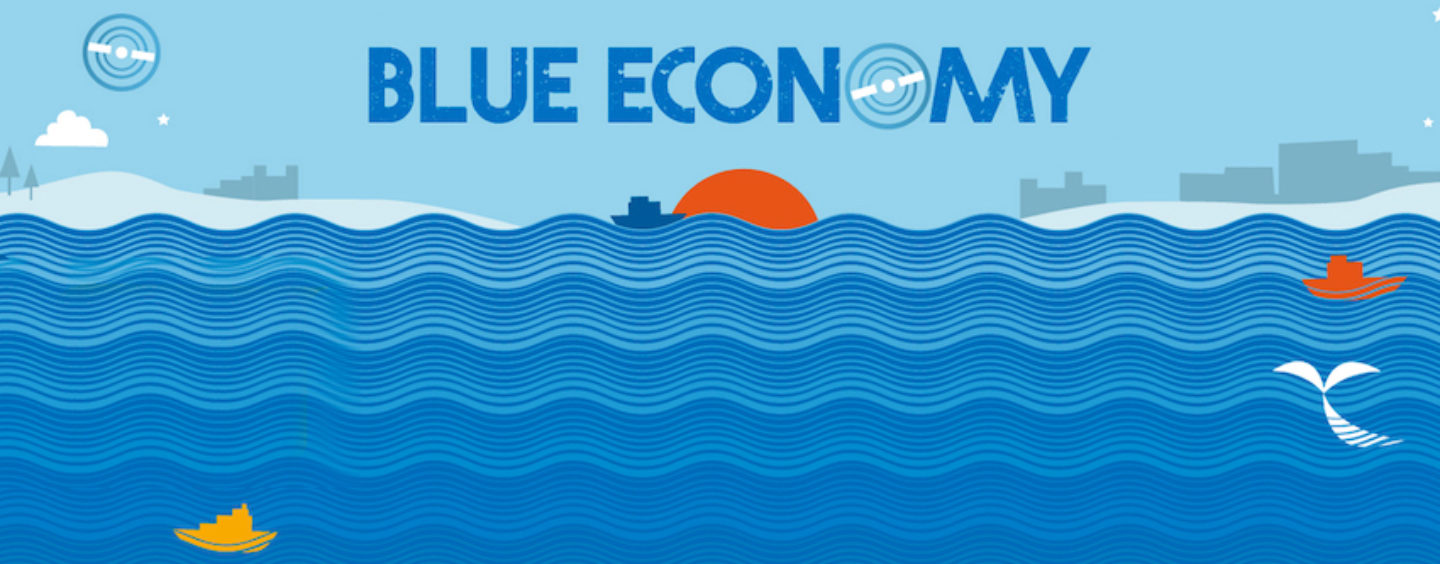The blue economy is also an integral part of our economy

In one of the local papers the subject of the blue economy recently came up. This has to do with the range of economic uses of the seas and coastal resources – such as energy, seafaring, fishing, aqua culture, mining and tourism. It also includes economic benefits such as the safeguarding of the coast, cultural values and biodiversity.
When we talk about the blue economy we are referring to the development of the seas in a way which safeguards them and enables them to continue to be of benefit to us. We used to refer to the sea as an infinite resource; a massive and mysterious resource that we could never exploit to the full and a resource that we did not need to control because of its expanse. This is no longer the case. Currently the sea is one of the biggest frontiers.
Almost all commerce around the world is transported over the sea. There is also exploitation for oil and gas and mining of the seabed. We are now developing technologies that enable us to exploit places we were never able to reach before. The sea has enormous potential to provide solutions to feed the planet, clean energy and jobs. But if we carry on without a plan, we risk harming the biggest system that supports life – a system that supports people, animals and ecosystems.
Understanding how people, organisations and governments make decisions about how to use the seas is the first step towards sustainability. Is profit the main consideration? What about the cultural importance of maritime resources? The answers to these questions will help us define the value we place upon the sea and its resources.
The services provided by nature are priceless, whether or not we give them a monetary value. However, placing a monetary value on the services provided by nature is an effective way to communicate their functional value.
Experts claim that the balance between people’s needs and the strengthening of the seas can be found if we change the way we think about their development. Also, the blue economy perspective anticipates and fully incorporates the impact of climate change on the ecosystems of the seas and the coast.
Above all, we must not undervalue the importance of the blue economy for Malta.
